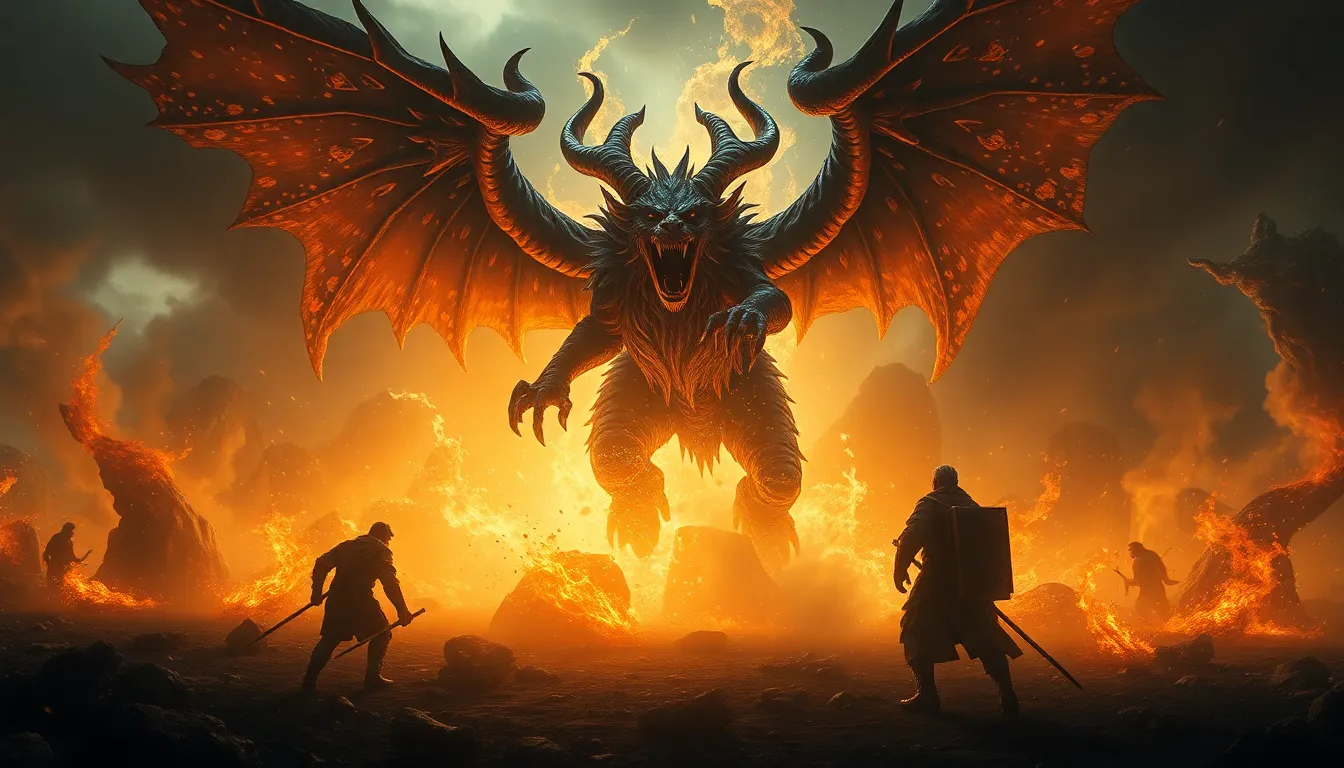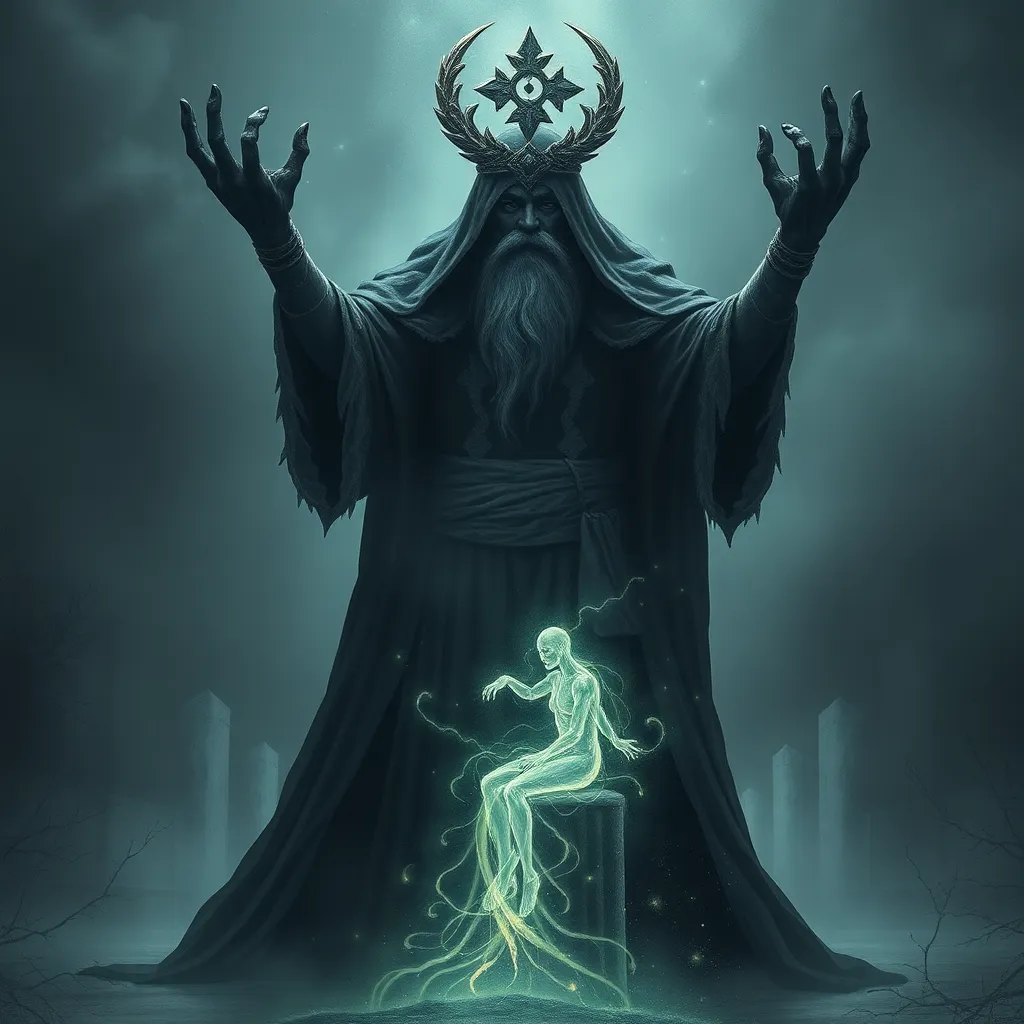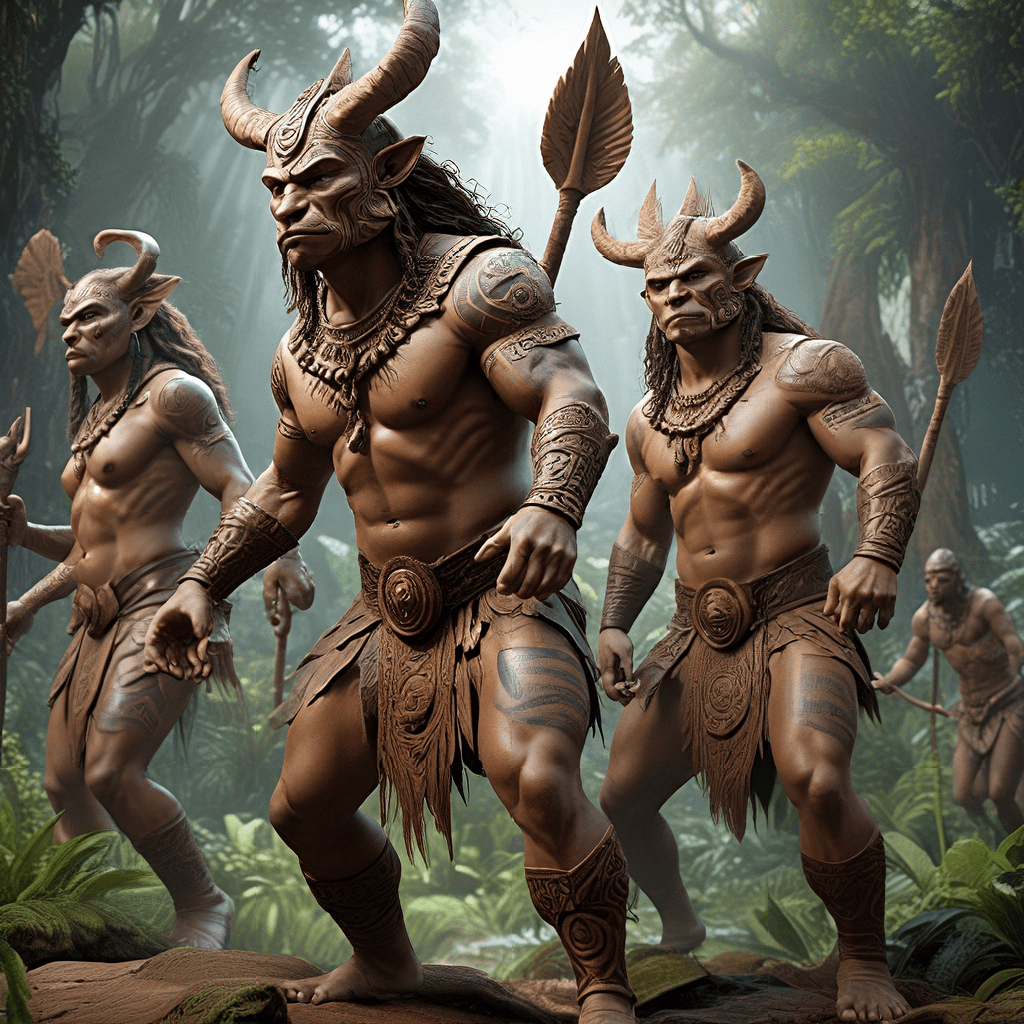Epic Fables: The Most Captivating Mythological Showdowns
1. Introduction to Mythological Showdowns
Mythological narratives have played a significant role in the cultures of societies around the world. These stories, often passed down through generations, not only entertain but also provide insight into the values, beliefs, and struggles of the people who tell them. They serve as a reflection of the human experience, illustrating the complexities of morality, heroism, and conflict.
Fables, in particular, hold a special place in storytelling. They are succinct tales that convey moral lessons through the actions of characters, often animals or mythical beings. The role of fables extends beyond mere entertainment; they are a means of imparting wisdom and guiding behavior, making them an essential aspect of cultural heritage.
2. Defining Epic Fables
Epic fables are a specific type of storytelling characterized by grand themes, larger-than-life characters, and significant moral lessons. They often involve heroic figures facing overwhelming challenges or adversaries, leading to dramatic confrontations.
- Characteristics of Epic Fables:
- Heroic protagonists who embody virtues like bravery and integrity.
- Grand settings that often reflect the universe’s vastness or the complexity of human experience.
- Conflict that drives the narrative forward, often between good and evil.
- Moral lessons that provide insight into human nature and society.
When compared to other forms of storytelling, epic fables stand out due to their emphasis on moral conflict and the larger-than-life stakes involved. Unlike simple anecdotes, these tales weave intricate plots that engage the audience’s emotions and intellect.
3. The Role of Deities in Mythological Conflicts
In many mythologies, deities play pivotal roles in shaping the destinies of mortals. Their whims and rivalries can lead to cataclysmic events, influencing the course of human affairs in significant ways.
- How gods influence mortal affairs:
- Gods often intervene directly in human conflicts.
- Their favor can grant mortals power, success, or protection.
- Rivalries among gods can lead to larger conflicts affecting humanity.
Notable deities and their rivalries have become central themes in many fables, illustrating the interplay between divine power and human agency.
4. Iconic Showdowns from Greek Mythology
Greek mythology is rich with epic showdowns that encapsulate the struggle between gods and mortals.
- The battle between Zeus and Cronus:
This conflict represents the struggle between the old order and the new, as Zeus ultimately overthrows his father, Cronus, to become the king of the gods. This battle sets the stage for the reign of the Olympians and the establishment of a new cosmic order.
- The clash of Achilles and Hector in the Trojan War:
This legendary duel symbolizes the heroism and tragedy of war, as Achilles seeks vengeance for the death of his friend Patroclus. The confrontation not only highlights personal honor but also the broader implications of fate and mortality in human existence.
5. Legendary Conflicts in Norse Mythology
Norse mythology features some of the most dramatic and compelling mythological conflicts, often revolving around the themes of fate and destiny.
- The feud between Odin and the giants:
Odin, the Allfather, often finds himself in conflict with the giants, who represent chaos and destruction. This ongoing battle illustrates the struggle between order and chaos in the cosmos.
- Ragnarok: The ultimate showdown among gods and monsters:
Ragnarok is the cataclysmic event that marks the end of the world in Norse mythology, featuring a final battle between gods, giants, and monstrous creatures. This epic confrontation emphasizes themes of inevitability and the cyclical nature of existence.
6. The Epic Tales of Hindu Mythology
Hindu mythology offers rich narratives filled with moral lessons and epic battles between good and evil.
- The duel between Rama and Ravana in the Ramayana:
This epic tale revolves around Prince Rama’s quest to rescue his wife, Sita, from the demon king Ravana. The confrontation between Rama and Ravana is not just a battle of strength but also a clash of dharma (righteousness) and adharma (unrighteousness).
- The cosmic battle of the Mahabharata:
The Mahabharata showcases the great war of Kurukshetra, where two sets of cousins, the Pandavas and Kauravas, fight for sovereignty. This epic conflict explores complex themes of loyalty, justice, and the moral dilemmas faced by individuals in times of war.
7. Mesopotamian Myths: Gilgamesh vs. Humbaba
The Epic of Gilgamesh is one of the earliest known works of literature, showcasing the adventures of the hero Gilgamesh.
- The significance of the Gilgamesh epic:
This story delves into themes of friendship, mortality, and the quest for fame and immortality. Gilgamesh’s journey leads him to confront various adversaries, including the monstrous Humbaba.
- Themes of heroism and friendship in the face of conflict:
Gilgamesh’s friendship with Enkidu illustrates the importance of companionship in overcoming great challenges, reinforcing the idea that true strength lies in unity.
8. Asian Mythological Battles: The Chinese Zodiac Wars
The Chinese Zodiac is steeped in lore, with each animal representing distinct traits and stories.
- The lore of the twelve zodiac animals:
Each of the twelve zodiac animals has its own tale, often involving conflicts and competitions that highlight their unique characteristics.
- Notable battles and their cultural significance:
These battles often symbolize the struggle between different forces and the balance of nature, reflecting the values of harmony and respect for the natural world.
9. The Role of Heroism and Morality in Showdowns
Mythological conflicts serve as mirrors to human experiences, often reflecting the struggles individuals face in their own lives.
- How mythological conflicts reflect human experiences:
These stories resonate with audiences because they encapsulate universal themes of heroism, sacrifice, and the moral dilemmas inherent in human existence.
- Moral lessons derived from epic fables:
Through their trials, heroes often learn valuable lessons about humility, justice, and the importance of community, imparting wisdom that transcends time and culture.
10. Conclusion: The Legacy of Mythological Showdowns
The impact of mythological showdowns extends far beyond their original contexts, influencing modern culture and media in profound ways. These epic tales continue to inspire filmmakers, writers, and artists, serving as a wellspring of creativity.
As society evolves, the themes embedded in epic fables—conflict, heroism, morality—remain relevant, demonstrating the timeless nature of these narratives. They remind us of our shared humanity and the enduring power of storytelling to shape our understanding of the world.



